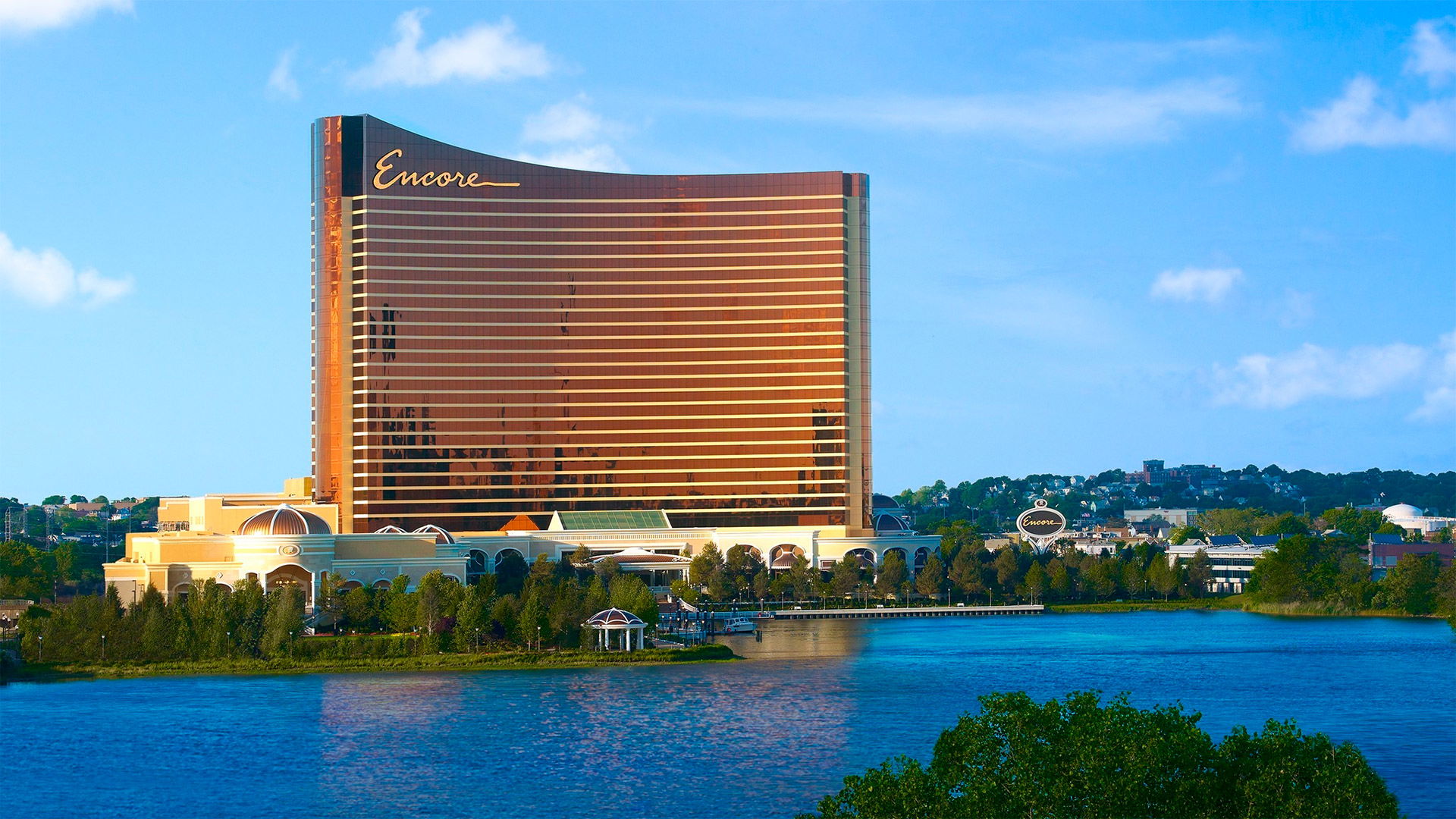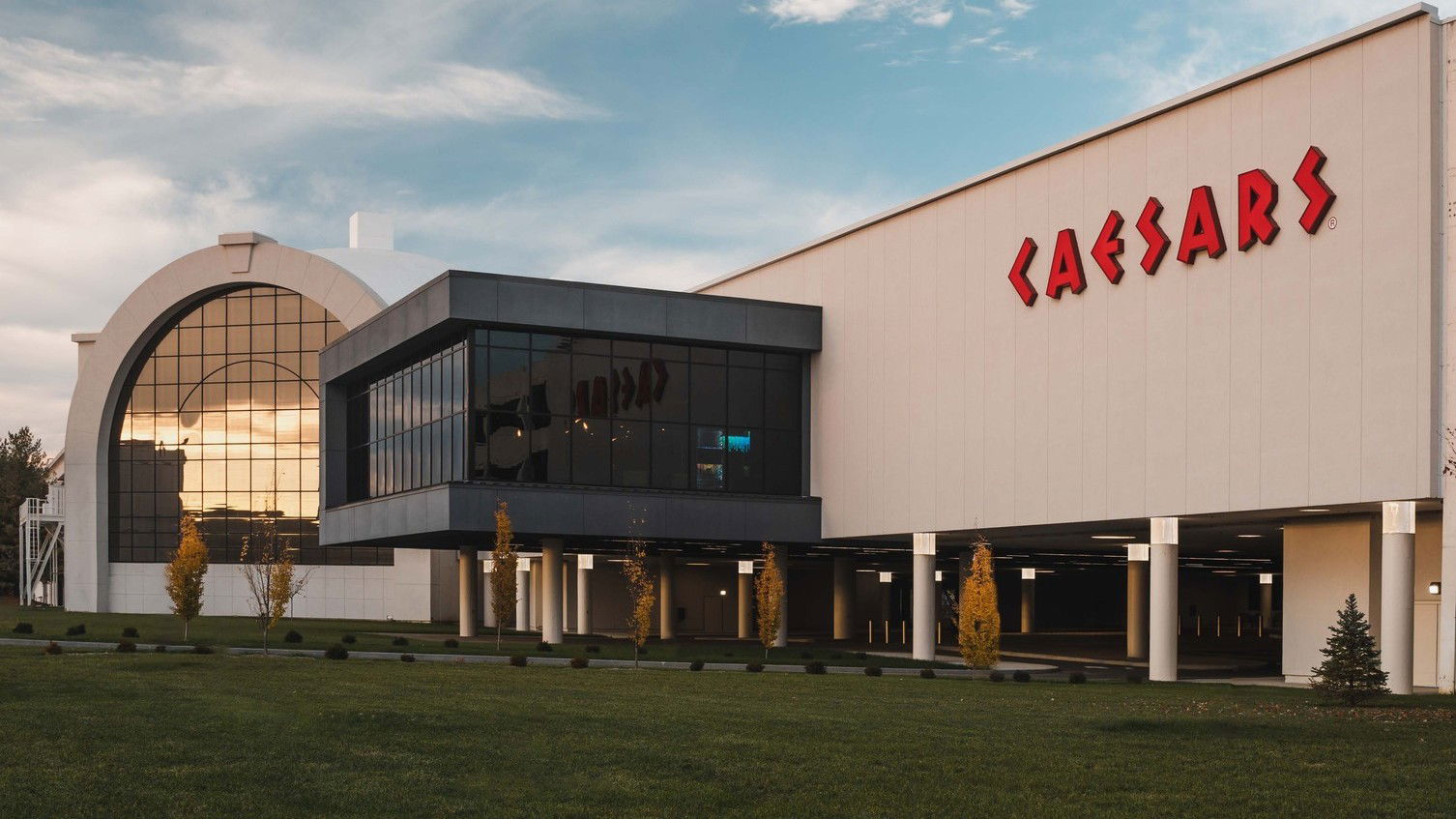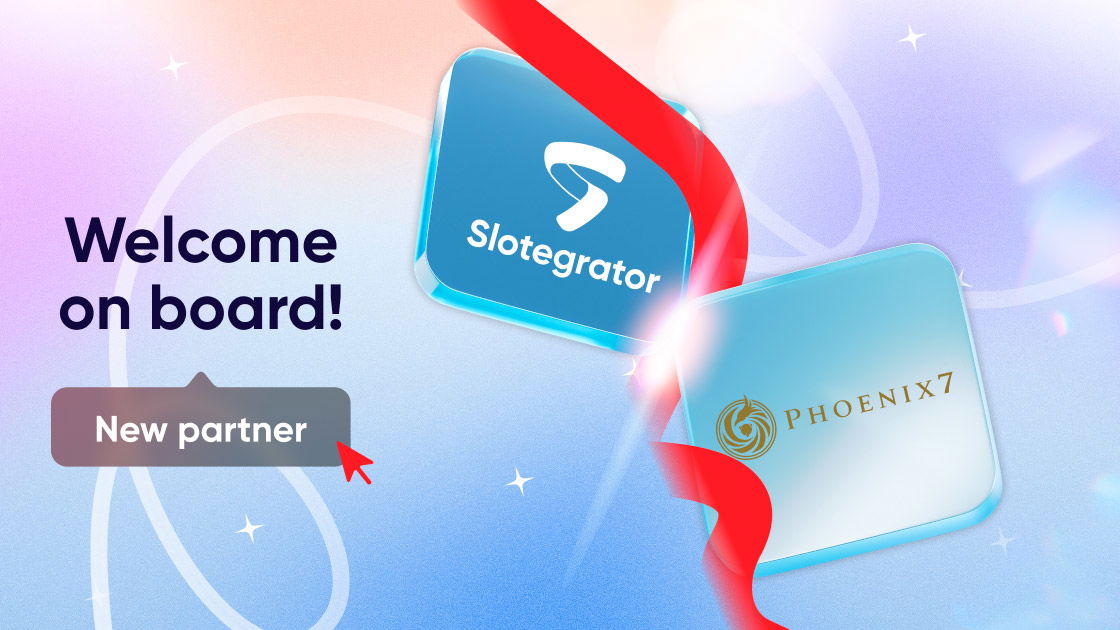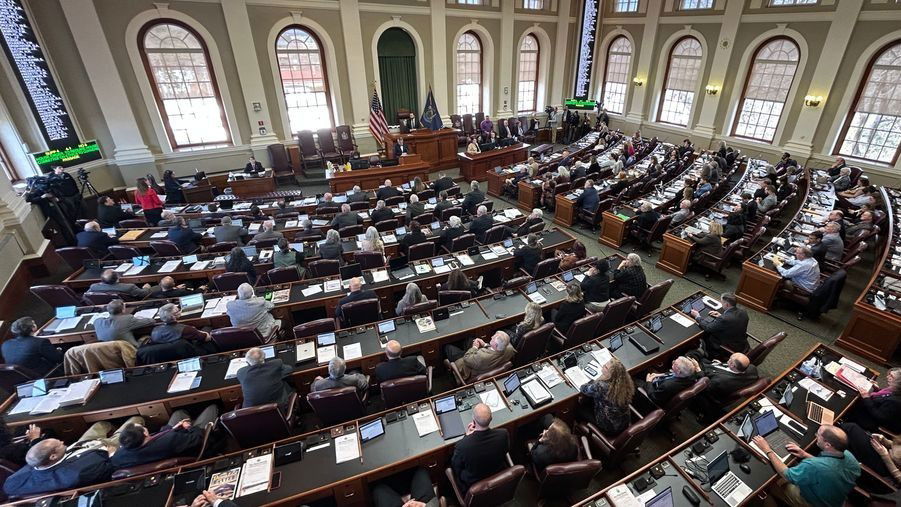Massachusetts sports betting: Encore Boston Harbor inks "preliminary" deal with Caesars for one of its mobile licenses

On Tuesday, a spokesperson for Encore Boston Harbor said the casino reached a “preliminary agreement” with Caesars Interactive Entertainment for the operator to receive one of the property's mobile sports betting licenses. The agreement is one of the first major deals to be publicly disclosed as the Massachusetts Gaming Commission works to stand up the state’s brand-new industry.
Encore Boston Harbor is in the process of applying for a category one license under the state’s sports betting law, which, if approved, would allow them to offer in-person wagering at their casino in Everett and online betting through two individually branded platforms. The deal would allow Caesars to receive a tethered category three license.
The latest deal shows that some businesses will have a chance to bypass a competitive license process if they can strike the right agreement with an already-established casino, horse racetrack, or simulcasting facility, reports MassLive. "Such arrangements are common in other online gaming markets," Encore's spokesperson said.
The casino is planning to use the second mobile betting license afforded to them under state law for its in-house betting app, WynnBET, according to public records retrieved by the cited source.

Law firm Foley Hoag Partner Kevin Conroy, who has been working with companies as they move through the sports betting application process in Massachusetts, said the likely goal for Caesars Interactive Entertainment is to secure entry into the Bay State’s sports wagering market without having to compete for a license.
"For Wynn, it probably is leading to some funds for their extra mobile sports betting licenses and maybe some additional marketing opportunities that go with that," he said, as reported by MassLive.
The deal between Caesars and Encore Boston Harbor was revealed in a series of survey responses turned in to the Gaming Commission last month that asked sports wagering hopefuls for basic information like management structure and information on investors. The surveys also asked companies to tell regulators about any finalized or potential business agreements with current gaming licensees like the state’s three casinos or other sports betting applicants.
Caesars is no stranger to Massachusetts. The business sought a casino license in Massachusetts before ultimately scuttling a plan to develop a Boston-area gaming site with the owner of Suffolk Downs.
Caesars then sued the Gaming Commission and its former chair, Stephen Crosby, in 2013 alleging a conflict of interest and favoritism towards Wynn Resorts, which would end up building Encore Boston Harbor. The lawsuit was later dismissed, a decision a federal appeals court upheld in 2015. In a 2013 statement, former commission spokesperson Elaine Driscoll said the lawsuit was "without merit."


















































